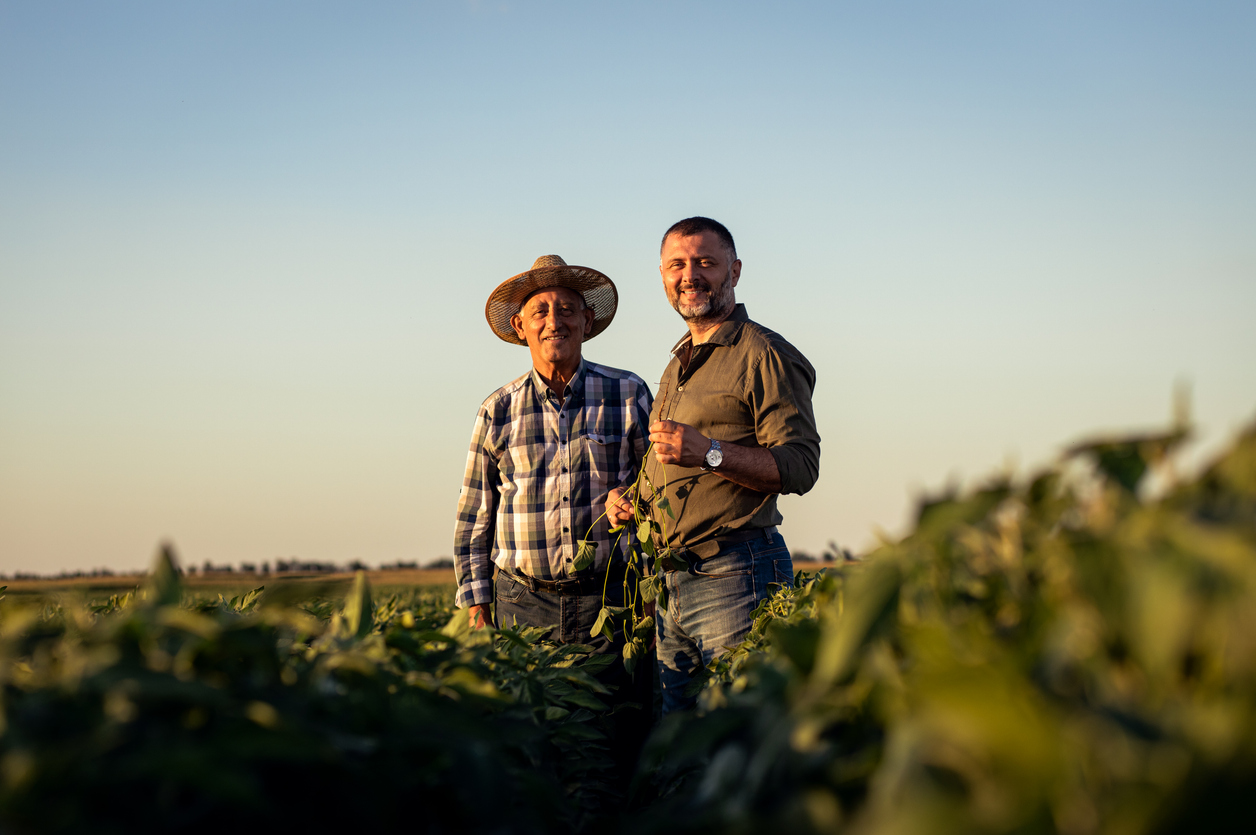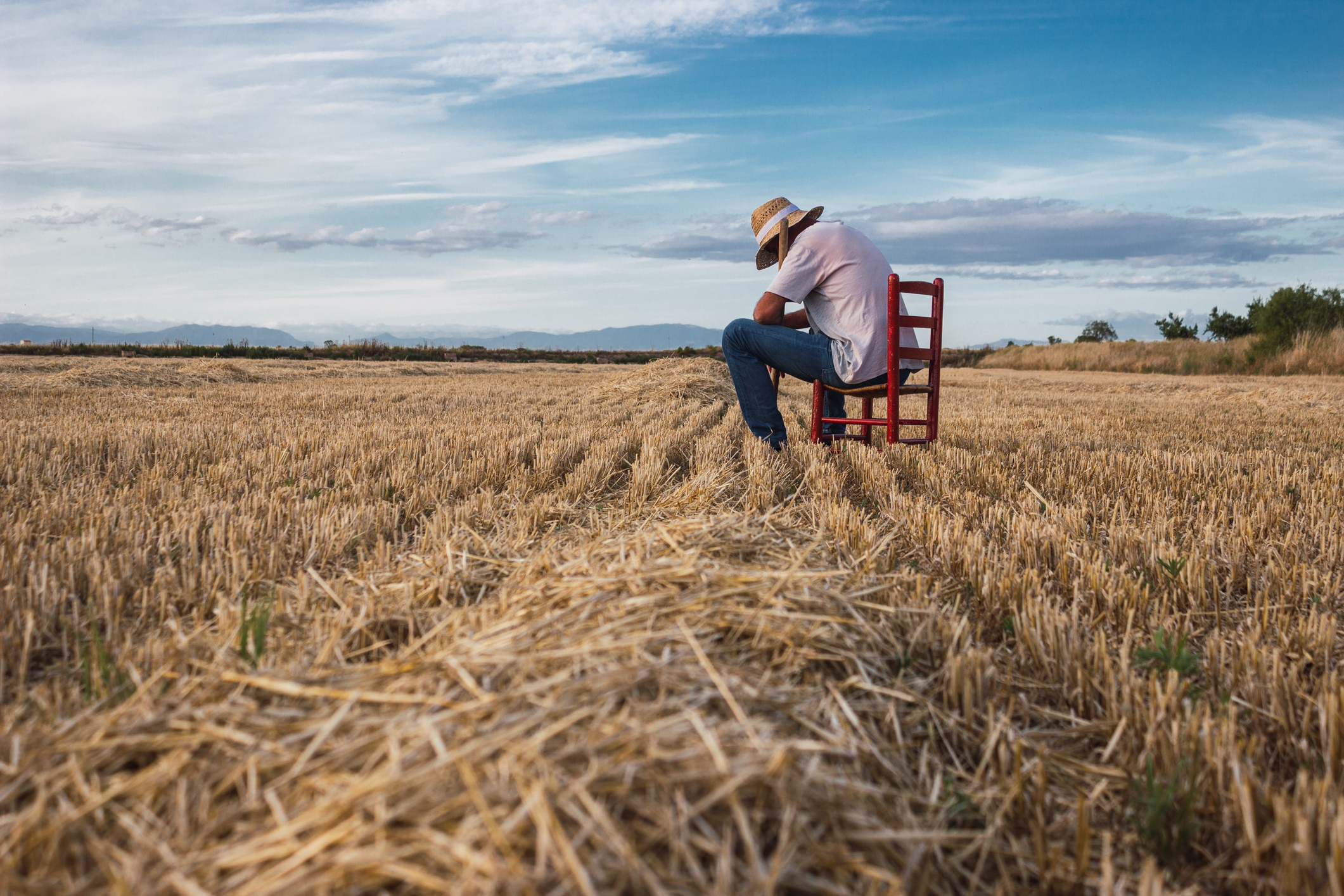Engrossed Substitute Senate Bill 5172, which will phase in overtime pay in agricultural employment and protect agricultural employers from being sued for retroactive pay, passed the Senate in a last-minute floor vote 37-12 in early March.
At the time it was passed, proponents from both sides of the aisle acknowledged the bill was still a work in progress.
Since then, some lawmakers have walked away from the negotiating table, content with the restrictive amendments added during the Senate floor debate, despite their previous assurances to continue perfecting the bill in the House.
The bill currently uses existing wage rates as justification to phase in an overtime pay structure across all agriculture sectors in Washington state. The bill would not allow any flexibility for changes in seasonal demand nor take into consideration the farmworkers the bill is purportedly aimed at helping. Looking at the justifications for an inflexible approach to farm work in Washington state, the arguments don’t add up.
Washington state consistently ranks in the Top 5 in the number of H-2A workers hired on an annual basis. The federal H-2A temporary farmworker visa program allows farmers and ranchers who have advertised for workers for 60 days with no success, to hire farmworkers on a temporary visa from outside the U.S. for up to 10 months annually. In 2020, Washington’s farmers and ranchers hired approximately 25,000 H-2A workers and are on pace to do the same in 2021.
The H-2A program is designed to encourage hiring local labor by requiring an Adverse Effect Wage Rate (AEWR). The AEWR is a mandatory minimum wage set by the federal government and paid to all H-2A workers. Washington state is tied for the highest AEWR in the country at $16.34 an hour for this year, a significant increase from the $15.83 of last year.
Because of the number of H-2A workers employed in our state and since farmers and ranchers who employ H-2A workers are required to pay local farmworkers at the same rate, the AEWR functions as a de facto minimum wage. In fact, the current average farmworker minimum wage in Washington state is $17 an hour; at 40 hours a week, that is $2,720 in gross wages a month versus $2,190 at the state’s current minimum wage of $13.69 an hour.
The phase-in for overtime pay outlined in the bill would allow farmers and ranchers to ease into overtime schedules. In 2022, overtime pay would not begin until farmworkers had worked more than 55 hours; in 2023, 48 hours; and in 2024, 40 hours. There are six states in which overtime is paid to farmworkers. However, in all those states there is a recognition of the seasonal nature of agriculture by allowing for a period of hours flexibility during harvest when agricultural employers are not required to pay time-and-a-half, or a higher threshold of hours before time-and-a-half pay is required year-round.
Moving forward, flexibility of some sort is critically important to the success of agriculture in Washington state.
While agricultural work is often seasonal, the workers are not. So, there is little danger of workers being excluded from overtime pay by virtue of moving from farm to farm. The National Agricultural Workers Survey notes that 81 percent of agricultural workers are “settled,” meaning they work within 75 miles of their home. Rather than specializing in harvesting a crop as was once the practice, a great many farmworkers now remain employed by a single farm operation for the duration of a growing season.
Much of our state’s highest grossing crops must be harvested in a timely manner, making a capped schedule nearly impossible for farms. Washington state leads the nation in the production of apples, raspberries, hops, sweet cherries, pears, grapes, and carrots among other crops, all of which must be harvested with proper timing to ensure the best quality and, thus, the best return for the produce.
There are similar concerns in the livestock sector. Outside of dairy and milk production, the production of livestock for meat also has an observable set of seasons. Many livestock producers time calving or birthing for spring to ensure the offspring are healthy and large enough to be on pasture through the summer months. Calving and birthing require near round-the-clock monitoring of the livestock in the care of their owners while other times of year or less labor intensive.
The bill should be revised with attention to hours flexibility and to the agricultural seasons. By allowing Washington state’s farms and ranches flexibility in the working week and in observing the seasonal demands of their respective products, the bill will provide security for the people most directly affected by the legislation: the farmworkers.





